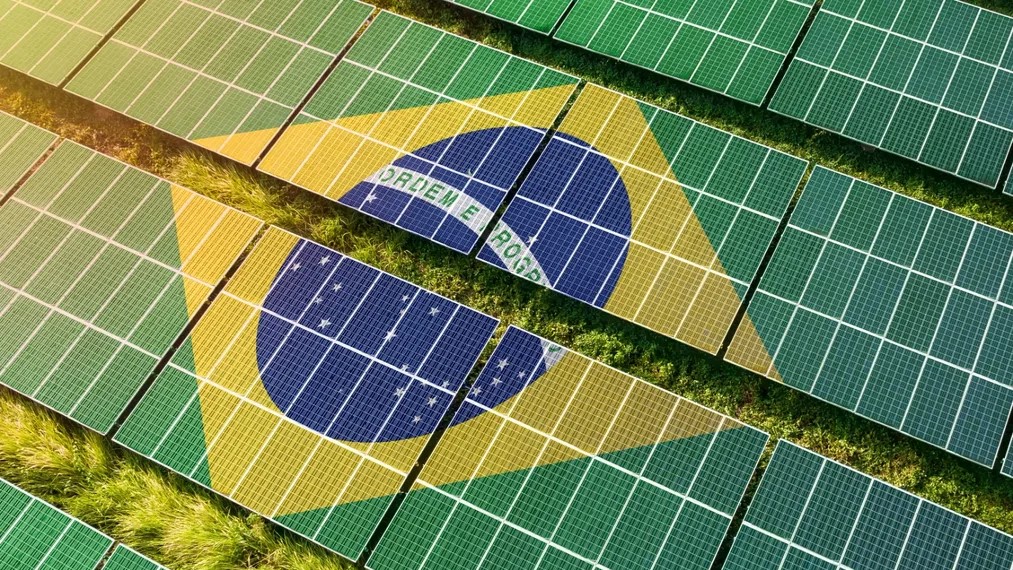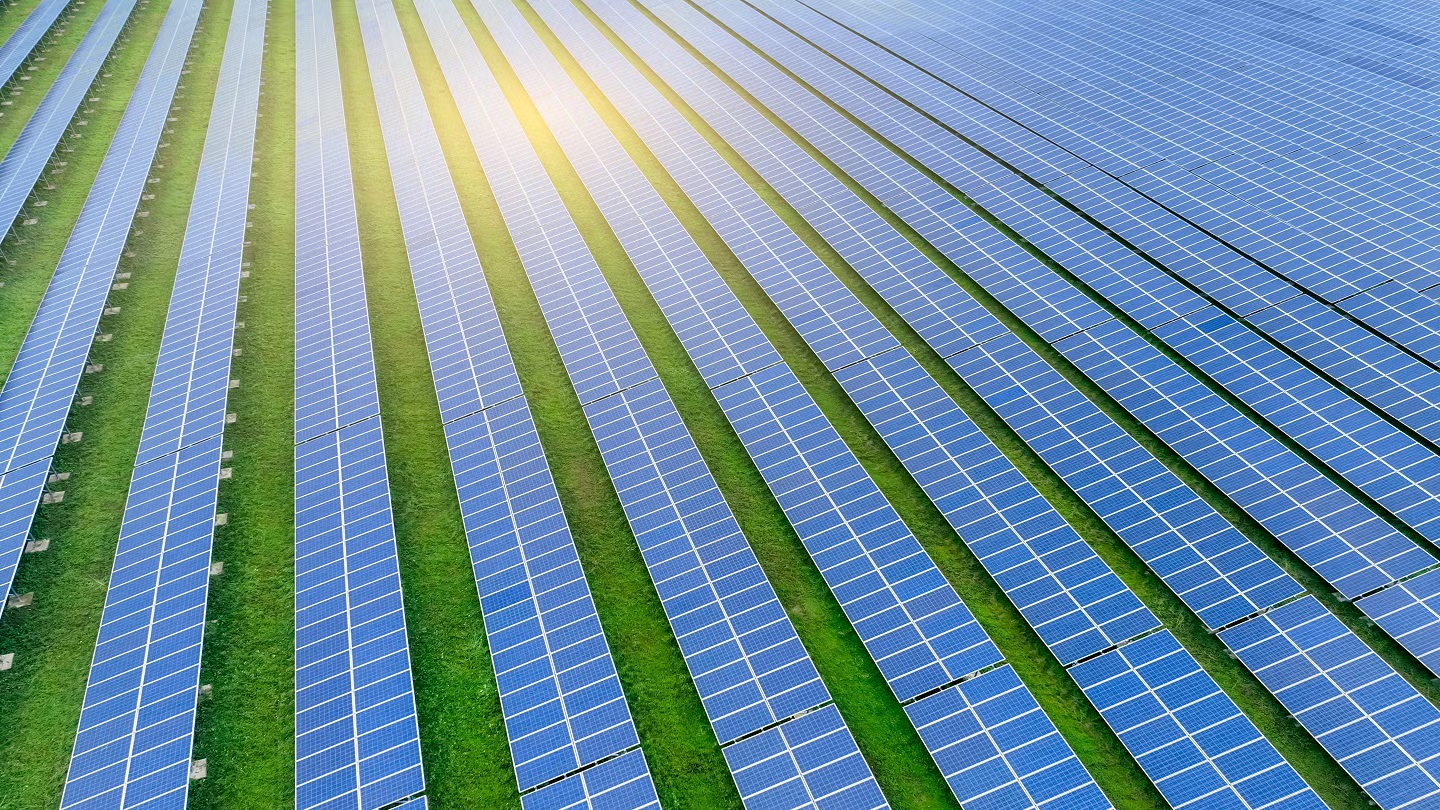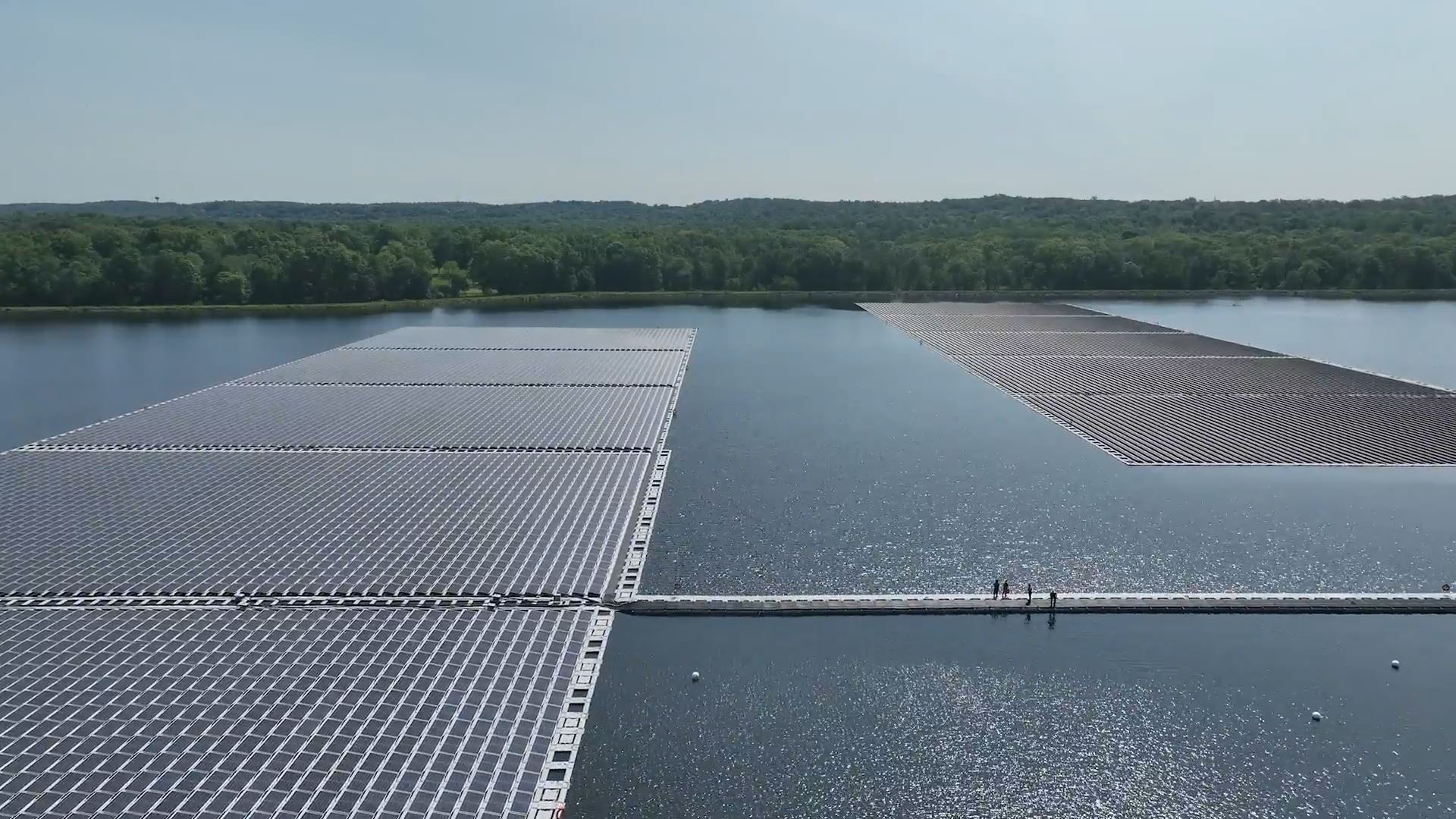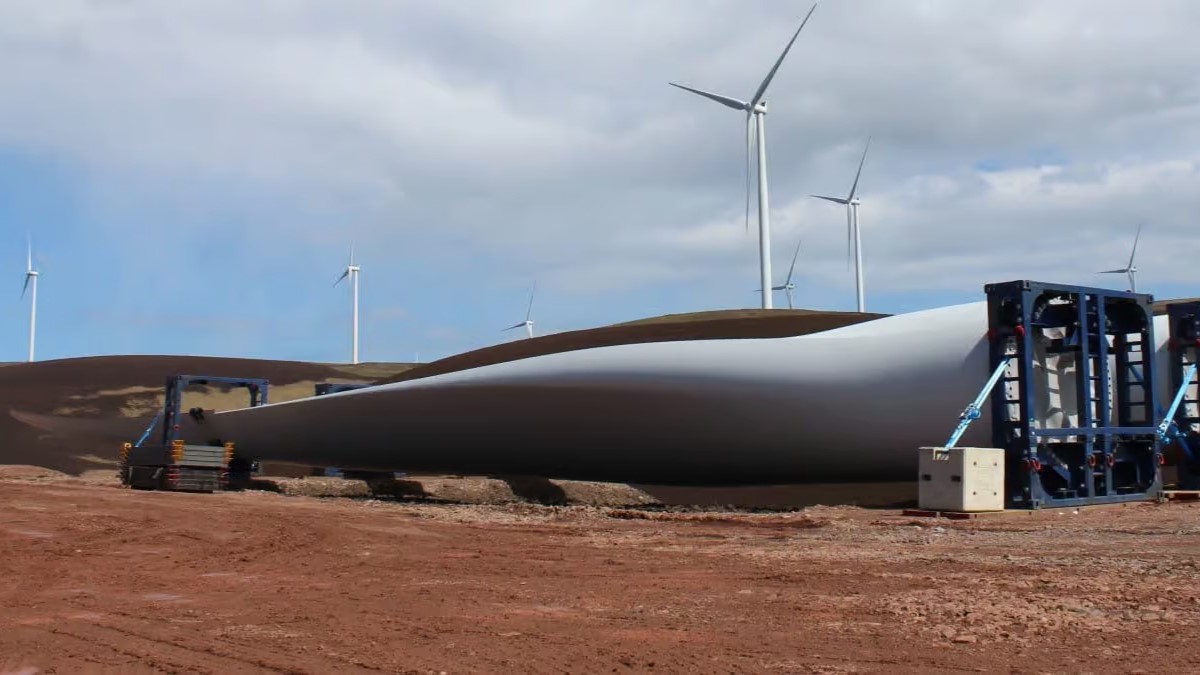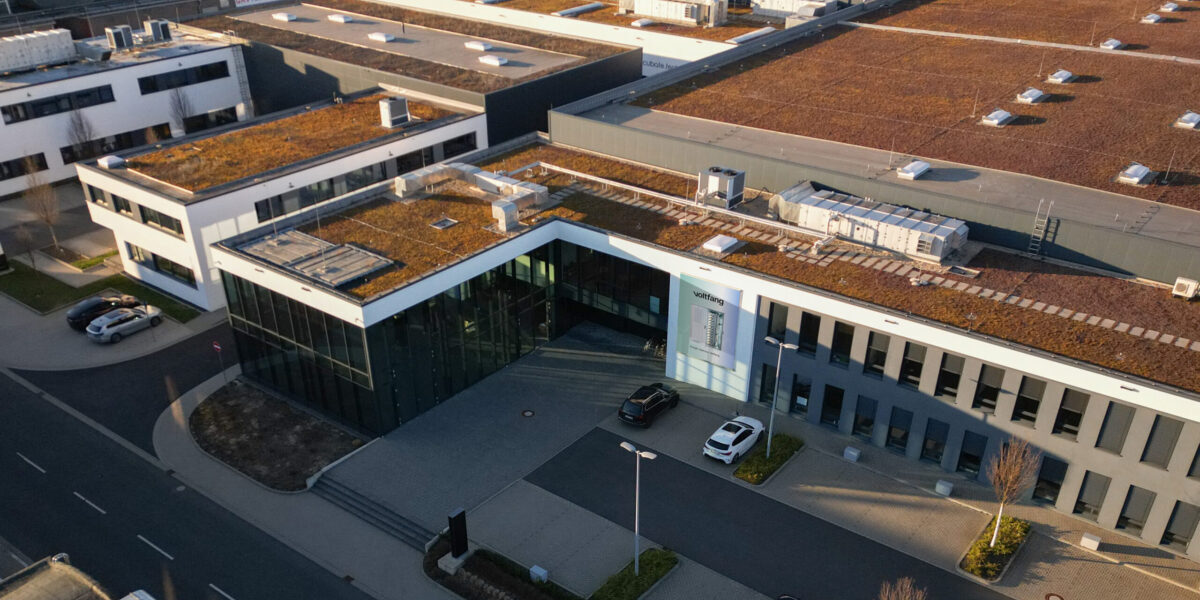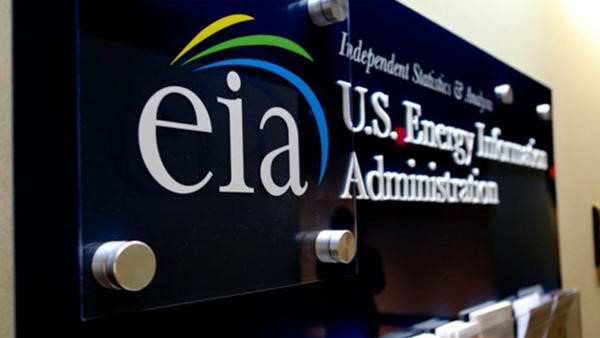There is now 60 GW of operational solar capacity in Brazil, according to a report by the Brazilian Association of Photovoltaic Solar Energy (Absolar).
The association says that, since 2012, the photovoltaic sector has brought more than BRL 270 billion ($49 billion) in new investments to Brazil, generated more than 1.8 million new jobs and contributed more than BRL 84.4 billion in revenue to the public coffers.
Brazil's operational solar capacity now consists of 42.1 GW from small and medium-sized systems and 17.9 GW from large-scale solar plants. Solar currently represents 23.5% of all installed capacity in the Brazilian electricity grid, making it the second-largest electricity source.
Absolar's report adds that solar has already prevented approximately 88.3 million tons of CO₂ emissions from electricity generation, contributing to Brazil's energy transition. But despite significant growth over the last decade, the sector has faced significant challenges that have hindered the adoption of sustainable energy. Among the main bottlenecks identified by Absolar are renewable generation cuts without due compensation to affected entrepreneurs and obstacles when connecting small solar power systems.
As a result, Absolar is advocating that Provisional Measures No. 1300/2025 and 1304/2025, which deal with the reform of the electricity sector and are currently being processed in the National Congress, can bring forward solutions to the challenges faced, in order to further expand the democratization of technology and accelerate the sustainable energy transition.
Ronaldo Koloszuk, Chairman of Absolar's Board of Directors, commented that the advancement of solar energy reflects the energy source's high potential in Brazil and the economic and environmental benefits it brings to Brazilians.
“The use of this technology can guarantee savings of around 90% for consumers, in addition to helping to ease the budgets of families who pay high electricity bills, and the costs for companies which become more competitive in business,” Koloszuk says. “With the sharp drop in equipment prices in recent years and the new red flag level 2 in effect on electricity bills in Brazil, the attractiveness of installing a solar system is even greater.”


